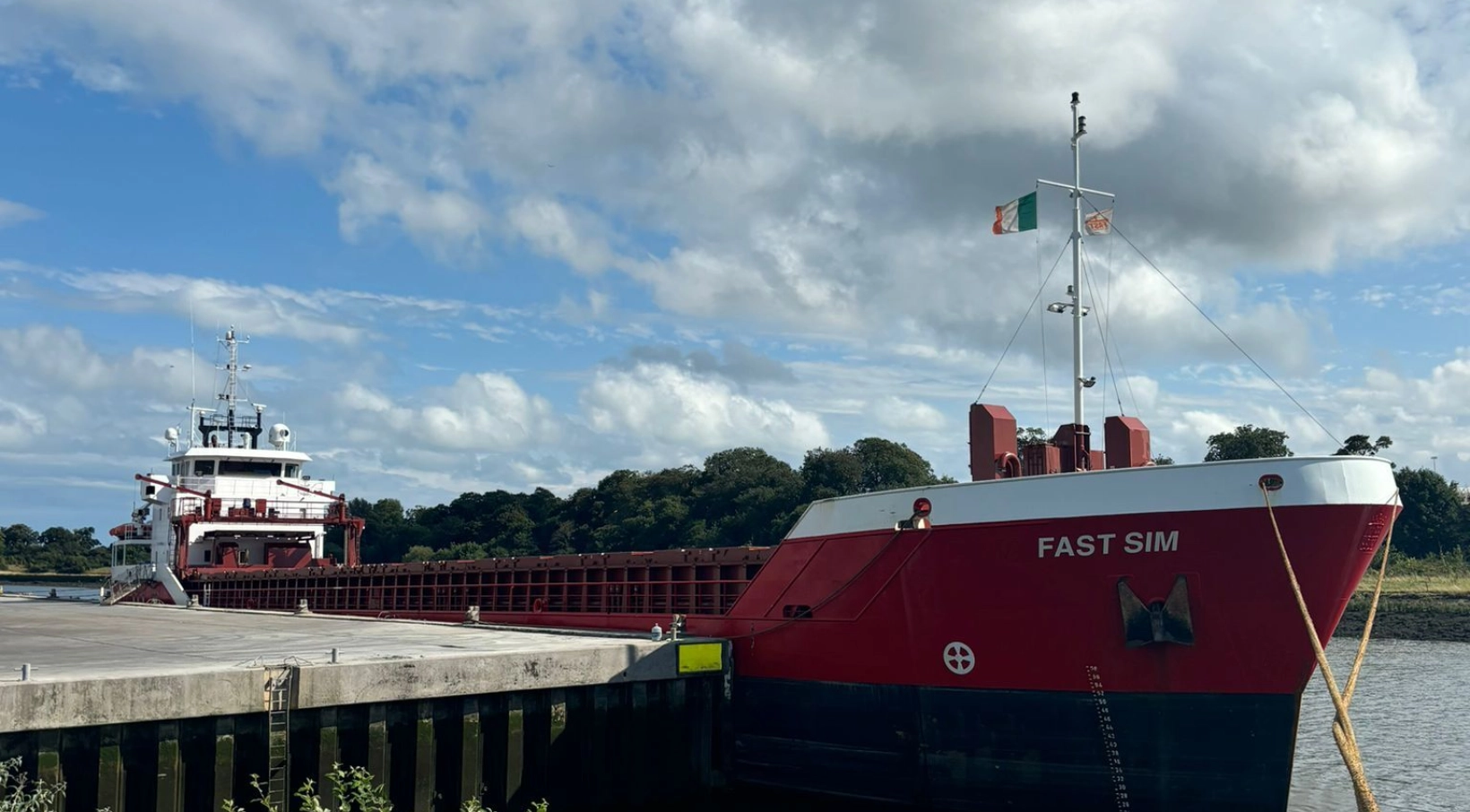
Fast Lines Belgium Collaborates with SEAFAR to Launch Remote-Controlled Vessel Operations
Fast Lines Belgium is excited to announce a strategic partnership with SEAFAR, a leading provider of remote-controlled and unmanned shipping technologies, to implement innovative remote monitoring and control solutions for its coastal vessels

As a forward-thinking, family-owned transport company based in Antwerp, Fast Lines Belgium continues to push the boundaries of maritime logistics, this time through the exploration of remote and autonomous vessel operations.
In partnership with SEAFAR, Fast Lines Belgium will test these groundbreaking technologies on its vessel, FAST SIM (IMO: 9356517), a 3,609 DWT shortsea cargo ship. The initiative marks an important step in the evolution of shipping operations, aiming to enhance both safety and efficiency through the integration of remote control capabilities.
Addressing Workforce Challenges and Sustainability Goals
With the growing shortage of skilled maritime workers, Fast Lines Belgium sees this project as a solution to maintaining competitiveness while also promoting sustainability. SEAFAR’s advanced technologies allow for the operation of inland and coastal vessels to support existing crew remotely.
“Partnering with SEAFAR aligns with Fast Lines Belgium's vision of integrating cutting-edge technologies to not only address workforce shortages but also to enhance our operational sustainability,” said Yvan Vlaminckx, CEO at Fast Lines Belgium. “This project is part of our broader commitment to innovation in short sea shipping, ensuring that we stay at the forefront of shortsea shipping while offering optimal services to our customers.”
Testing Remote Operations on the FAST SIM Vessel
As part of this collaboration, SEAFAR has equipped FAST SIM with the latest communication technologies, enabling data aggregation from multiple voyages. The goal is to test the vessel's ability to operate remotely between Antwerp/Bornem and the Humber/Ouse/Trent region, using SEAFAR’s Remote Operation Center (ROC) for control. The vessel will navigate from pilot station to pilot station, with the primary testing focused on communication reliability, position estimation, and remote navigation.
“We aim to establish a full-scale remote operation capability, but challenges such as reliable communication and accurate position tracking remain,” said Amber Waterschoot, Regulatory Affairs Officer at SEAFAR. “By equipping FAST SIM, we are gathering crucial data that will help us address these challenges and pave the way for the next generation of automated and environmentally friendly vessels.”
The Future of Remote Maritime Operations
One of the key aspects of this project is creating a "heatmap" that depicts the likelihood of accessing various telecommunication systems throughout the vessel’s voyage. While satellite communication will be used as a fallback, the project emphasizes reliable terrestrial communication as the primary mode of connectivity.
Fast Lines Belgium and SEAFAR are committed to addressing the technical limitations that have previously held back the widespread adoption of remote-controlled maritime operations. This project aims to establish a blueprint for future remote-controlled vessel operations in the short sea and coastal shipping sectors.

